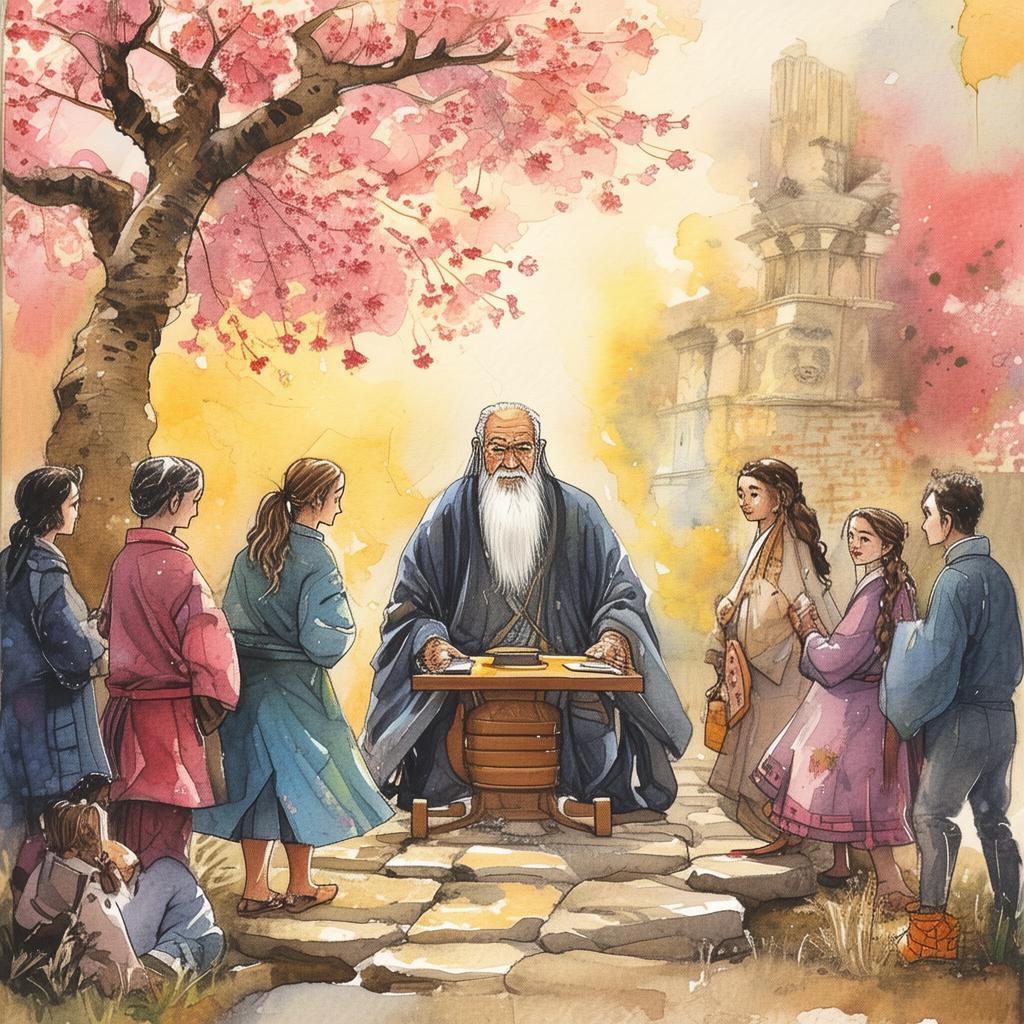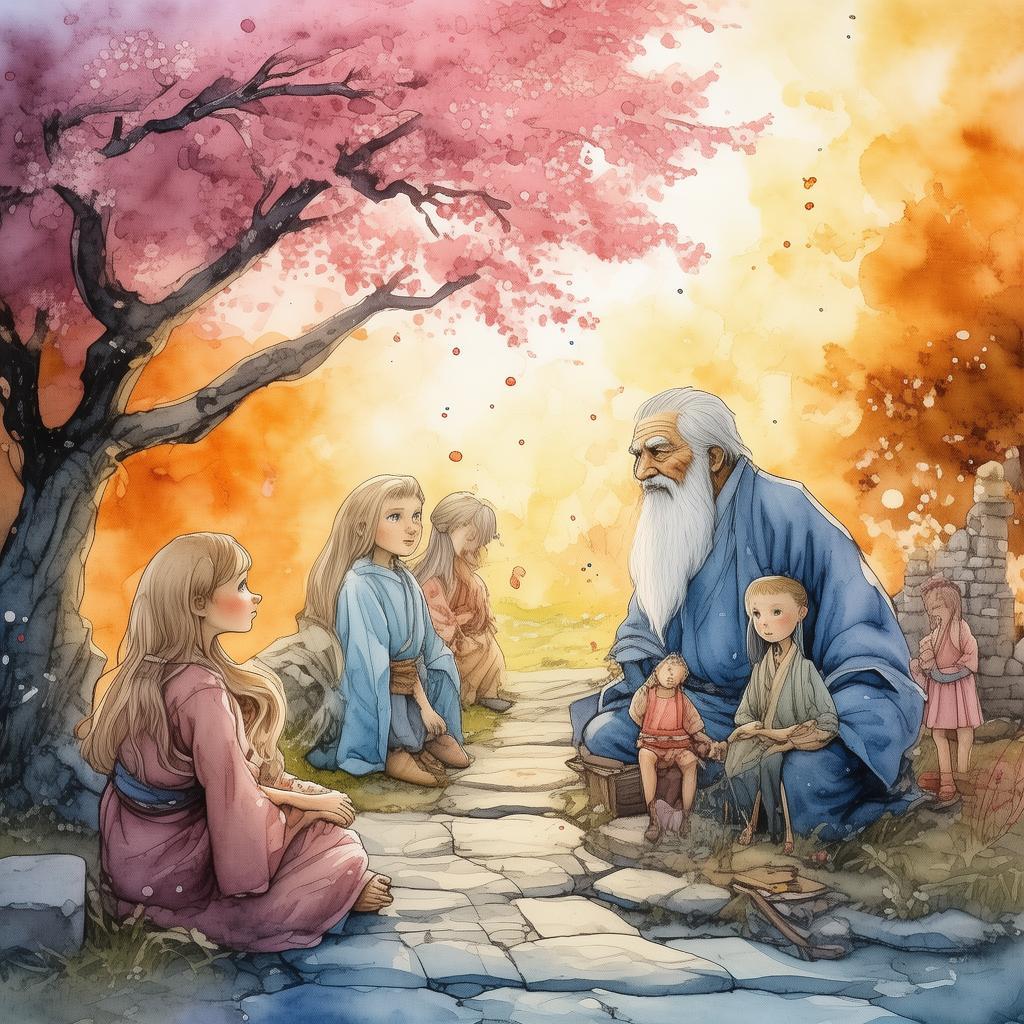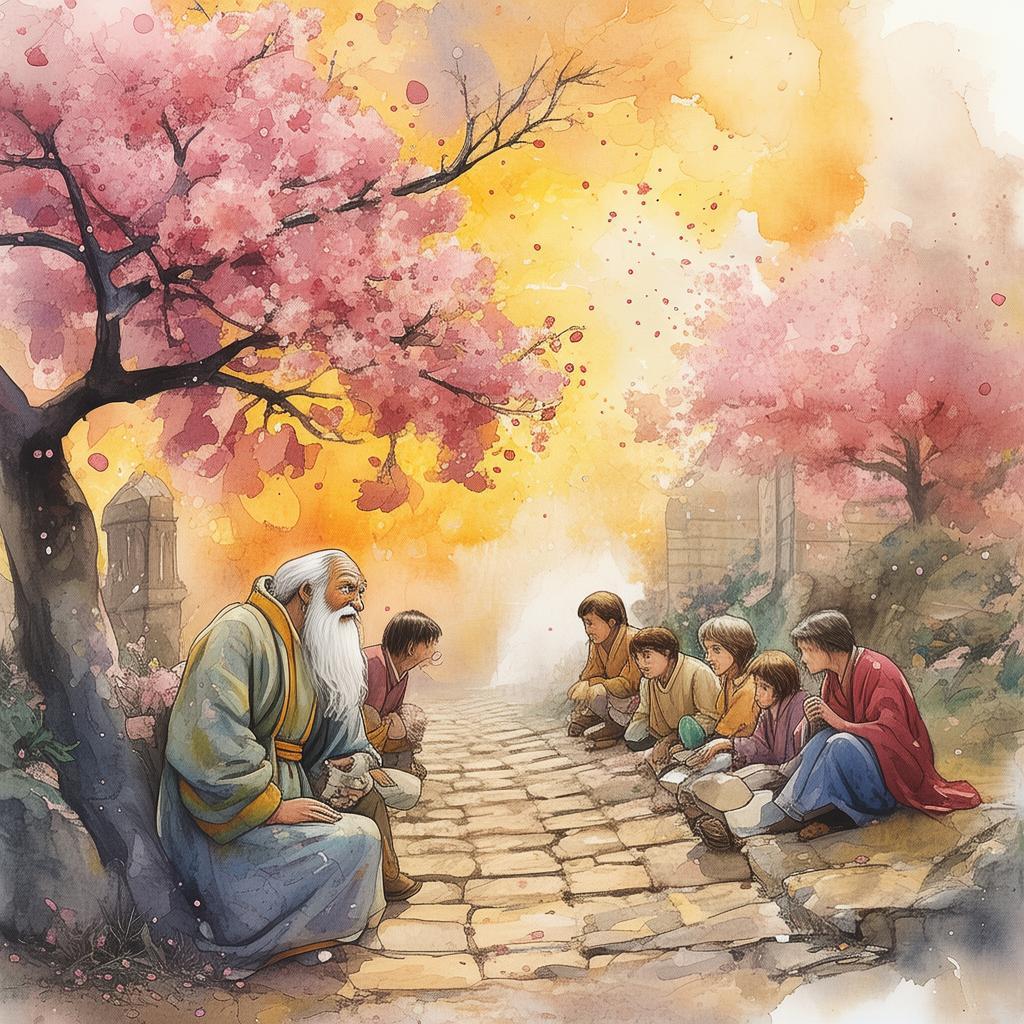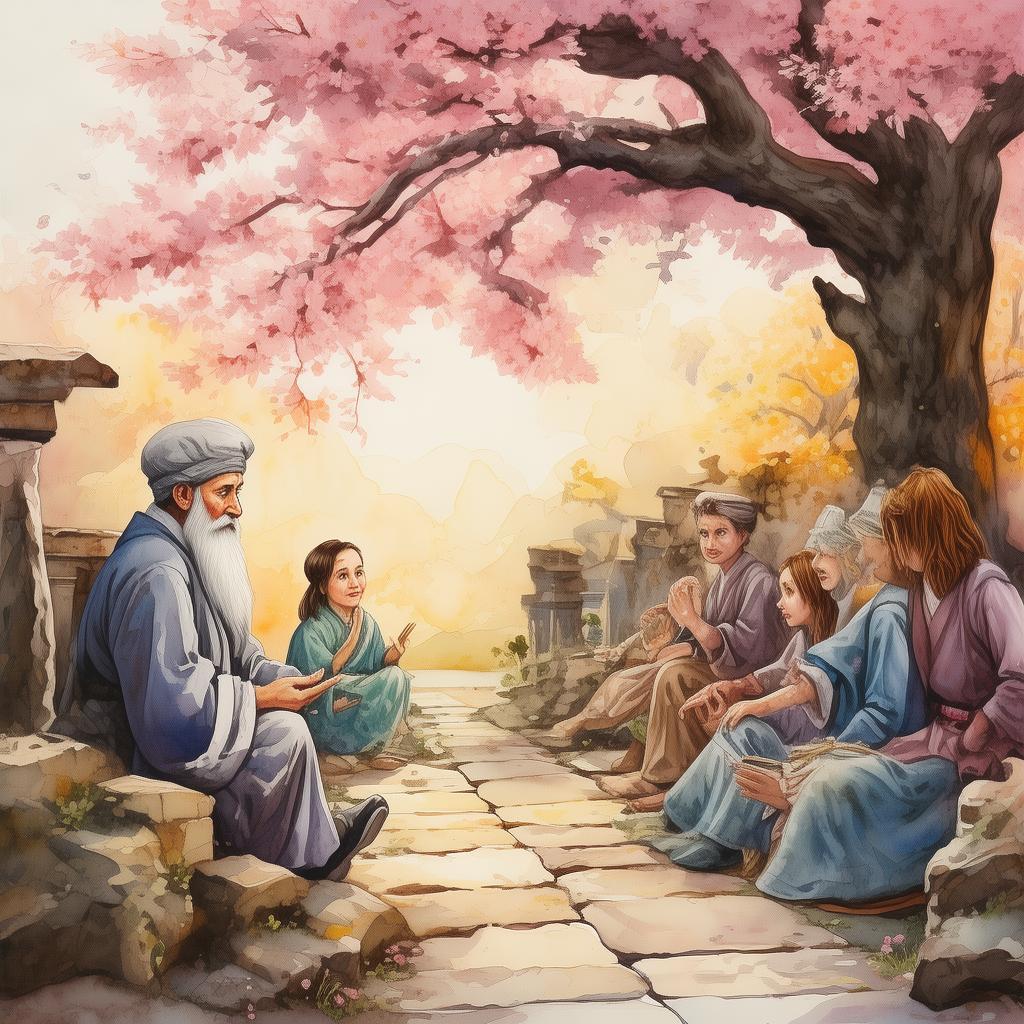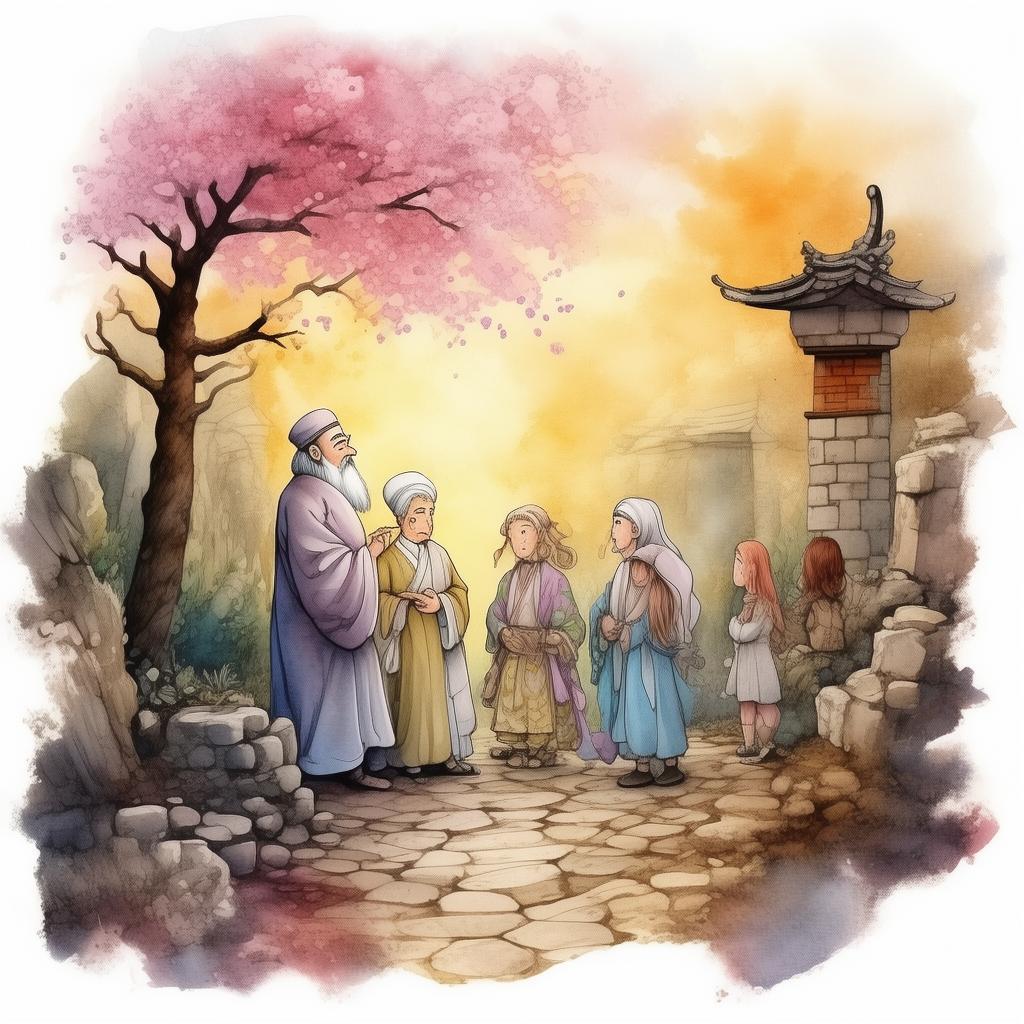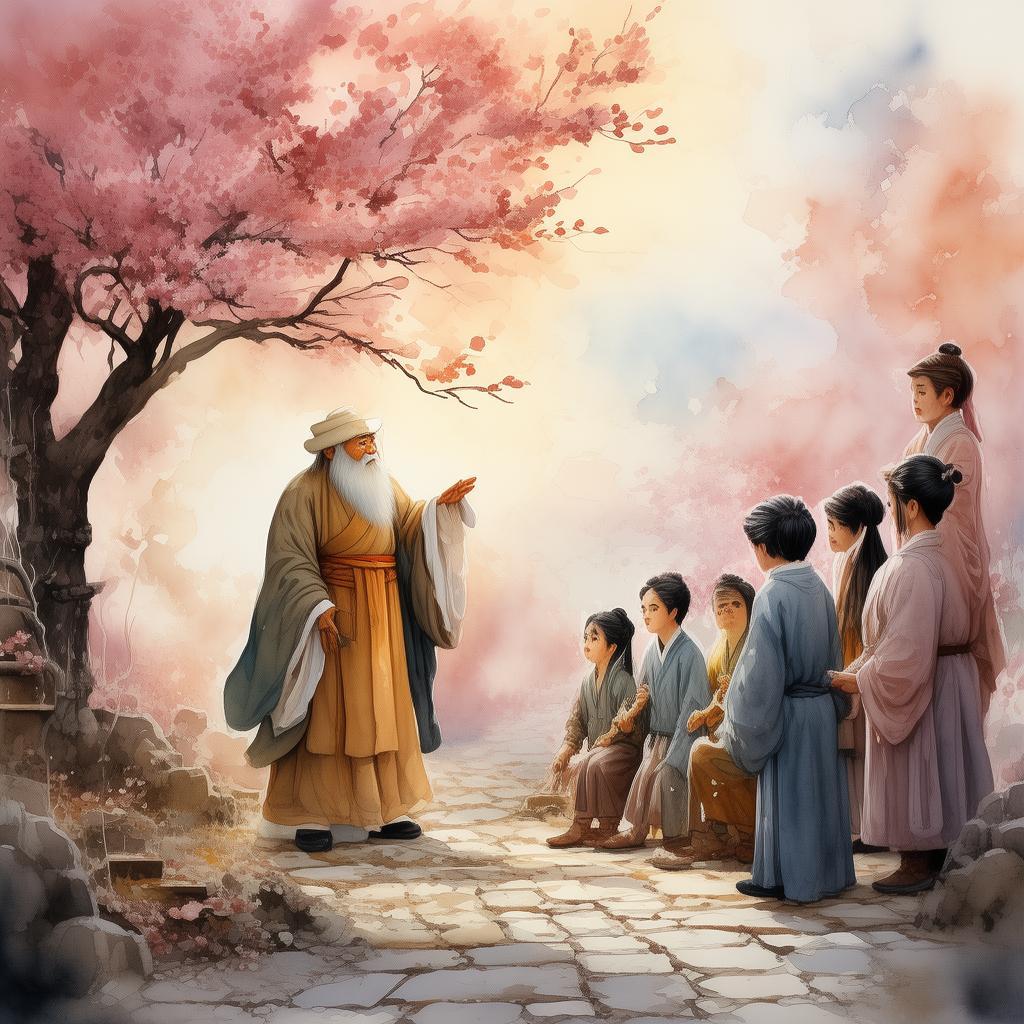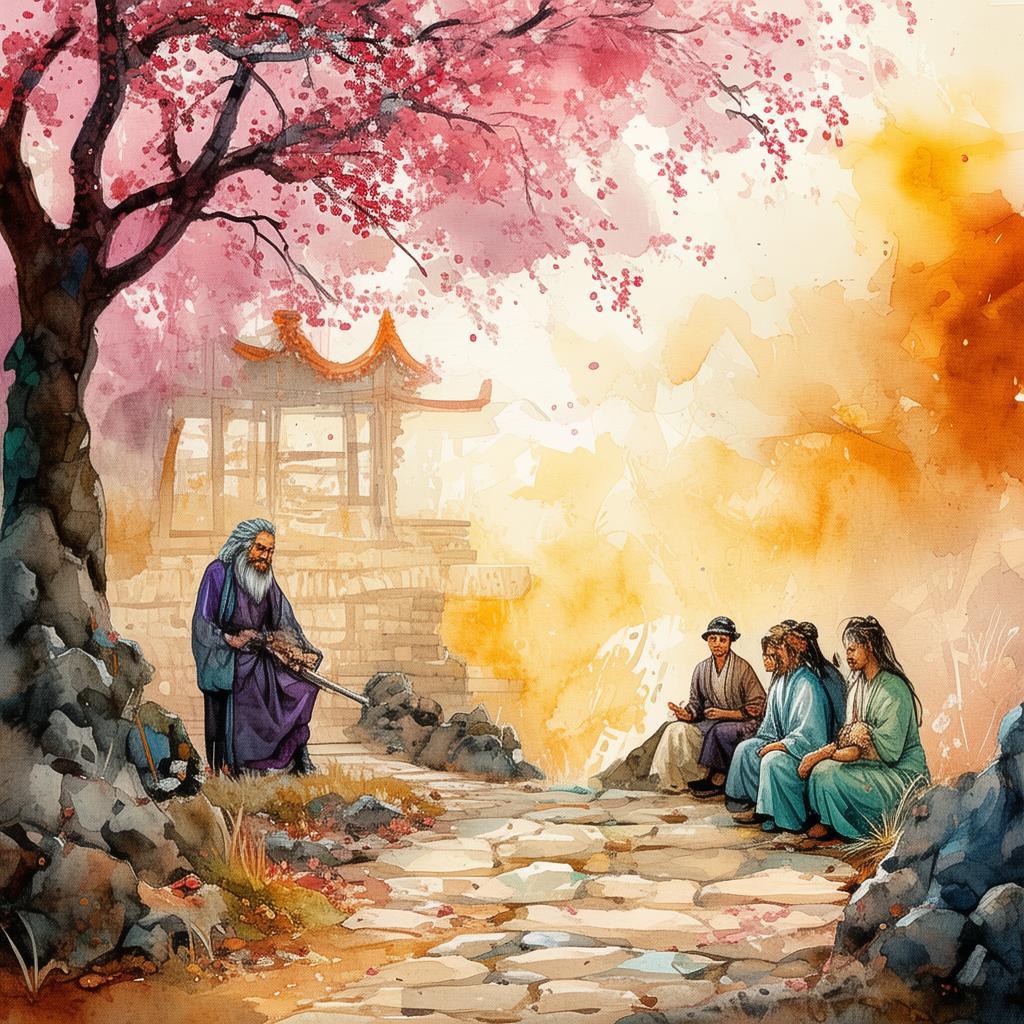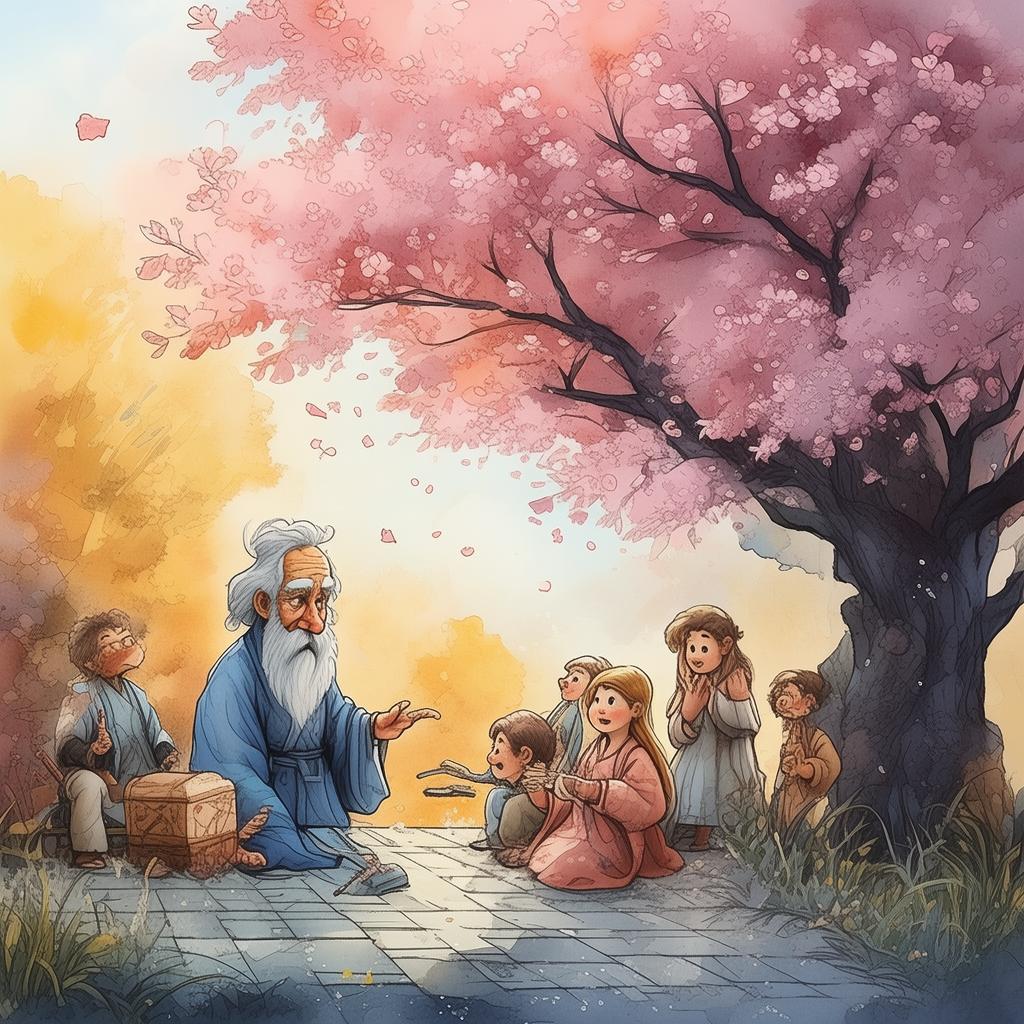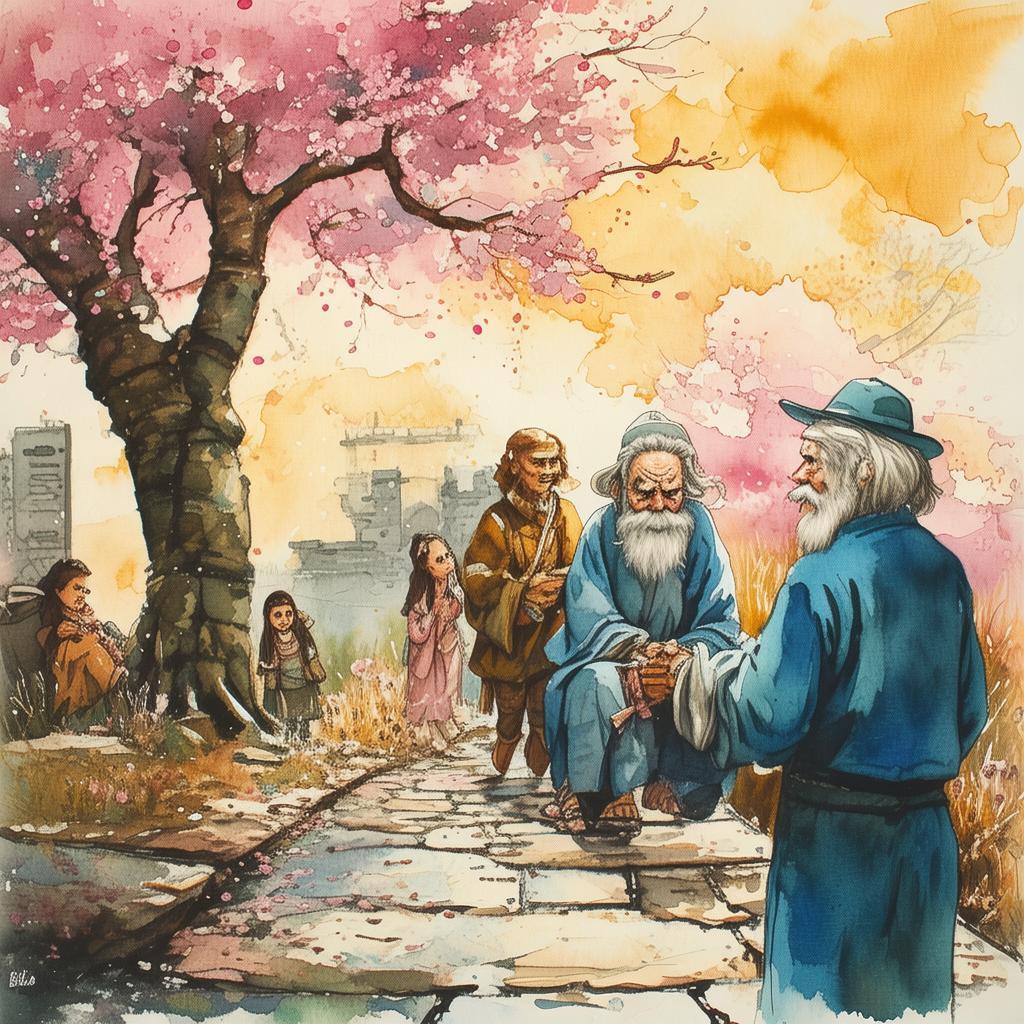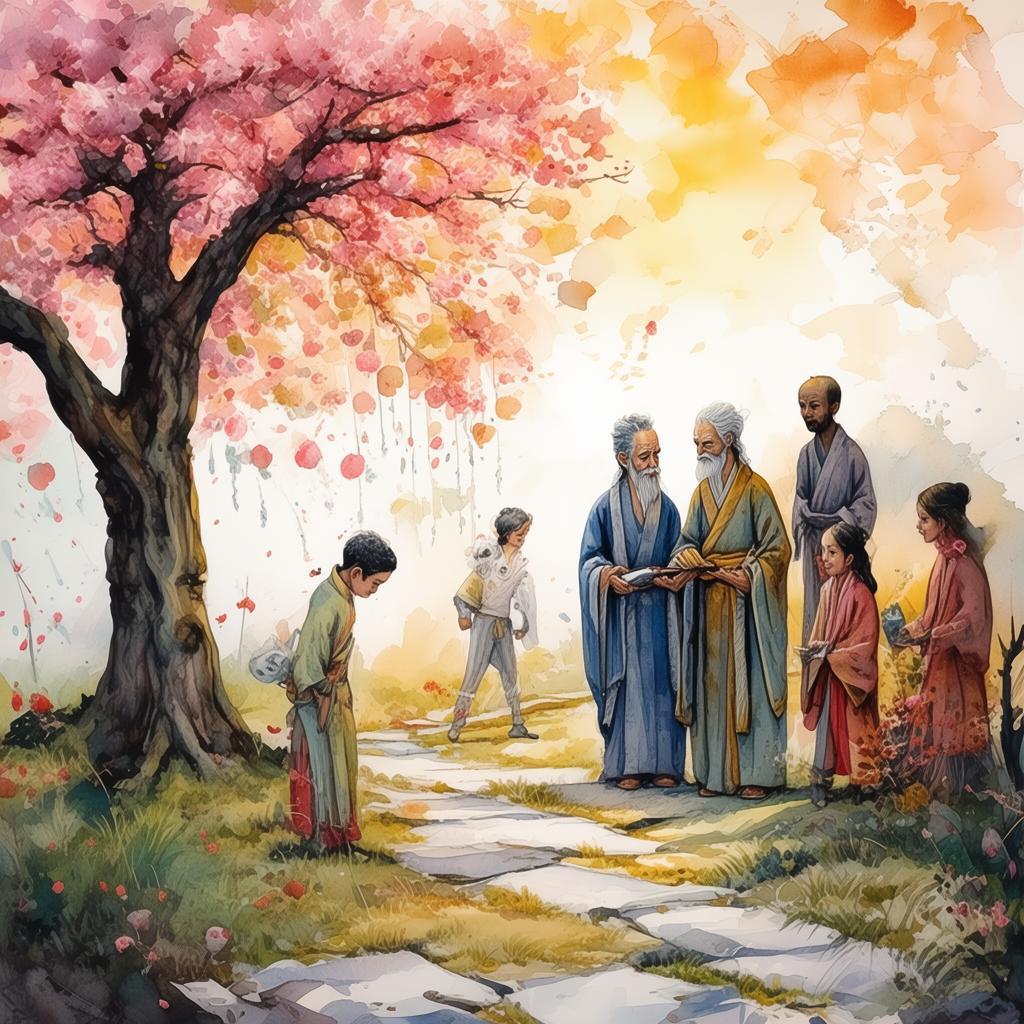The Unseen Chains of Glory: A Champion's Struggle for Freedom
In the heart of ancient China, there was a legend of a young warrior named Li Qing. Known for his unparalleled skill in martial arts, he had been crowned champion by the emperor, the most prestigious title a warrior could achieve. Yet, as he stood atop the podium, draped in glory and honor, a gnawing sensation crept into his heart. Li Qing was not the ordinary warrior he had believed himself to be. He was bound by chains, both literal and metaphorical, woven into the fabric of his triumph.
The story of Li Qing's struggle begins not on the grand stage of the imperial court, but in the shadowed corners of his childhood. He was born into a lineage of skilled fighters, but his destiny was to be the greatest of them all. From a young age, he was trained rigorously, his every movement scrutinized, and his every thought directed towards becoming the ultimate champion. But as the years passed, the taste of victory was sour, for it was won at the cost of his own free will.
Li Qing's journey took him from the training fields of his master to the grand tournaments where he faced his competitors with a heart that beat to the rhythm of his own will. Yet, with every victory, he felt the weight of the chains growing tighter around his spirit. He was a champion, but was he truly free?
One day, as Li Qing stood before the emperor, the man who had granted him his title and his life's purpose, he felt the chains pull him closer. The emperor, a wise and manipulative ruler, saw in Li Qing the perfect tool to solidify his power. The empire was at peace, but it was a fragile peace, and Li Qing was to be the symbol of that peace, a beacon of loyalty and strength.
"Your victory is not just yours," the emperor said, his voice a blend of awe and control. "It is the victory of the empire. You are its champion, its living embodiment of might and honor."
Li Qing nodded, but his mind was elsewhere. He had heard whispers among the common folk, of the emperor's oppressive rule, of the sacrifices made in the name of the empire. He saw the people's faces, weary and fearful, and he knew that the chains of glory were not the only ones binding him.
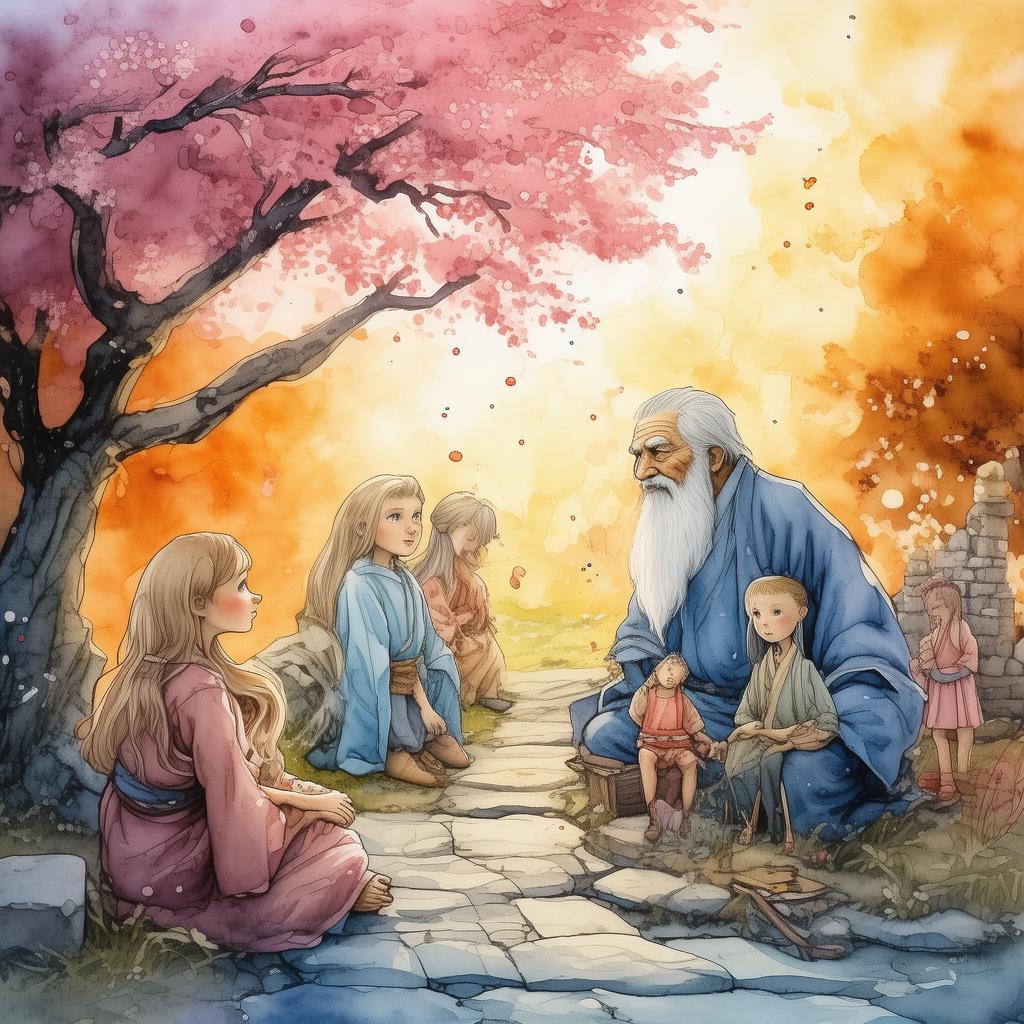
It was during the night of a festival, when the empire was at its most vulnerable, that Li Qing made a decision. He would challenge the very foundation of his existence. He would break the chains that bound him not just as a champion, but as a man.
He approached the emperor, a silent figure in the moonlit court. "I wish to renounce my title," he said, his voice steady despite the pounding of his heart. "I seek not the chains of glory, but the freedom to live my own life."
The emperor's eyes widened, a storm brewing behind them. "What madness drives you, Li Qing?" he demanded. "The empire cannot function without its champion!"
But Li Qing was resolute. "I have seen the truth behind the empire's facade. I have seen the pain of the people, and I will not be part of their suffering any longer."
The emperor, unable to contain his fury, ordered Li Qing's execution. But fate, it seemed, was not ready to let the young warrior go. As the executioners raised their blades, Li Qing found himself thrown into a whirlwind of chaos. The people, who had long been oppressed, rose up in rebellion, their cries for freedom echoing through the streets.
In the midst of the rebellion, Li Qing found an unlikely ally. It was a simple farmer, a man whose life had been marked by hardship and toil. The farmer, seeing the young champion's bravery and conviction, joined forces with him. Together, they fought against the forces of the empire, not just for their own freedom, but for the freedom of all who had been bound by the chains of glory.
As the battle raged on, Li Qing grappled with his identity. Was he truly a champion, or had he become the symbol of a corrupt empire? He realized that the real battle was not just against the emperor's forces, but against the very concept of chains, both literal and metaphorical.
In the end, it was the farmer's wisdom and the people's courage that led to the downfall of the oppressive regime. The emperor was overthrown, and the chains that had bound Li Qing were finally broken. He stood before his people, not as a champion, but as a free man, a man who had fought for the truth and for the freedom of his fellow citizens.
The story of Li Qing's struggle became a legend, a tale of one man's courage and the power of truth and freedom. He had broken the chains of glory, but he had also learned that true freedom is not just the absence of chains, but the courage to challenge the status quo, to fight for what is right, and to live a life true to one's own heart.
✨ Original Statement ✨
All articles published on this website (including but not limited to text, images, videos, and other content) are original or authorized for reposting and are protected by relevant laws. Without the explicit written permission of this website, no individual or organization may copy, modify, repost, or use the content for commercial purposes.
If you need to quote or cooperate, please contact this site for authorization. We reserve the right to pursue legal responsibility for any unauthorized use.
Hereby declared.
